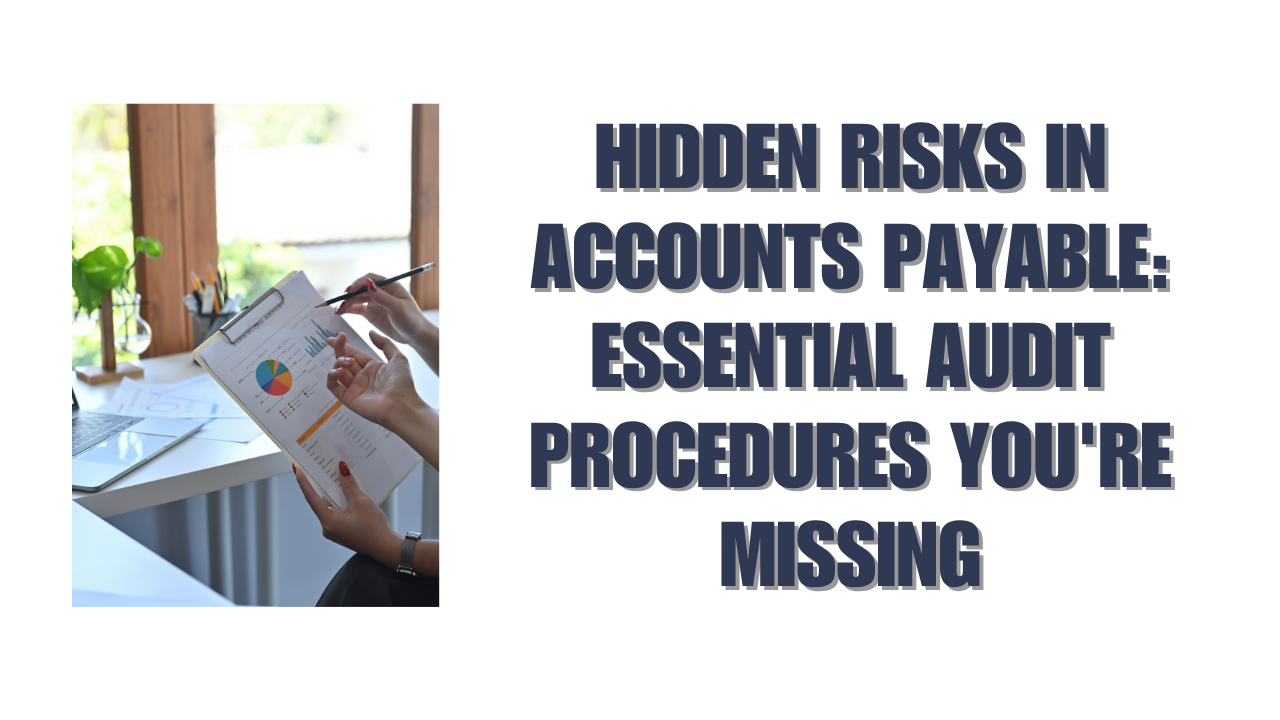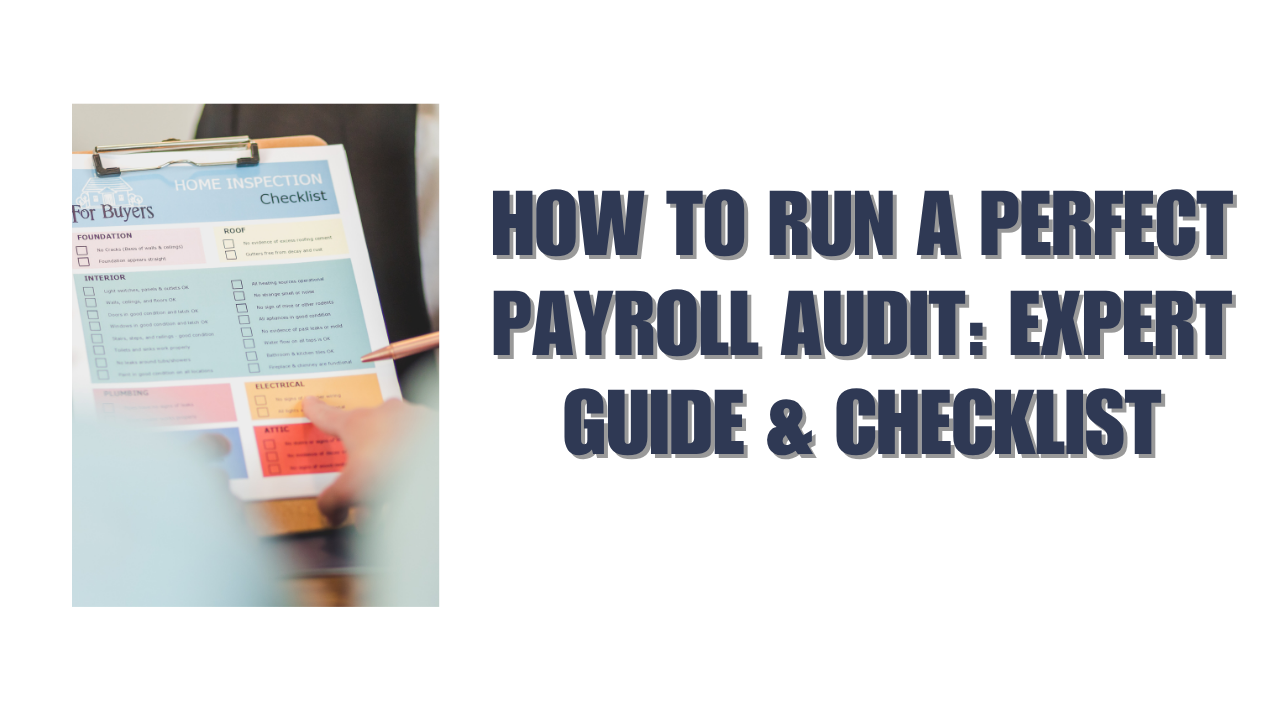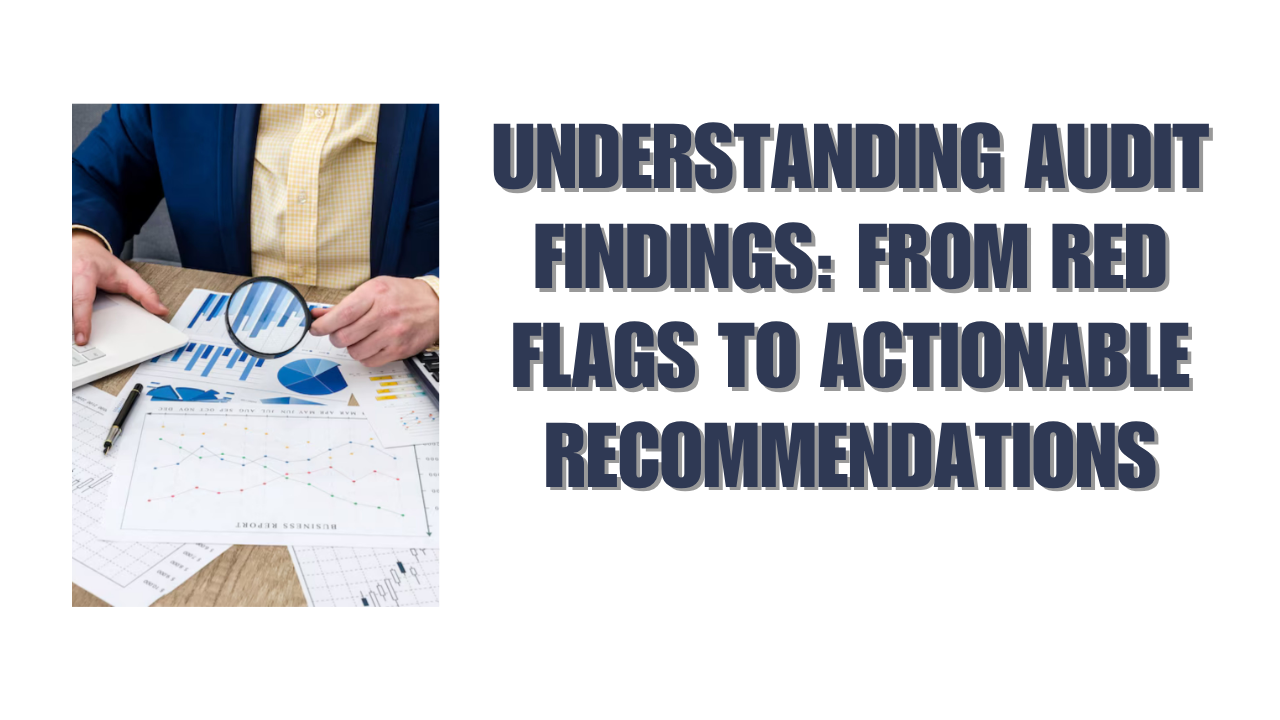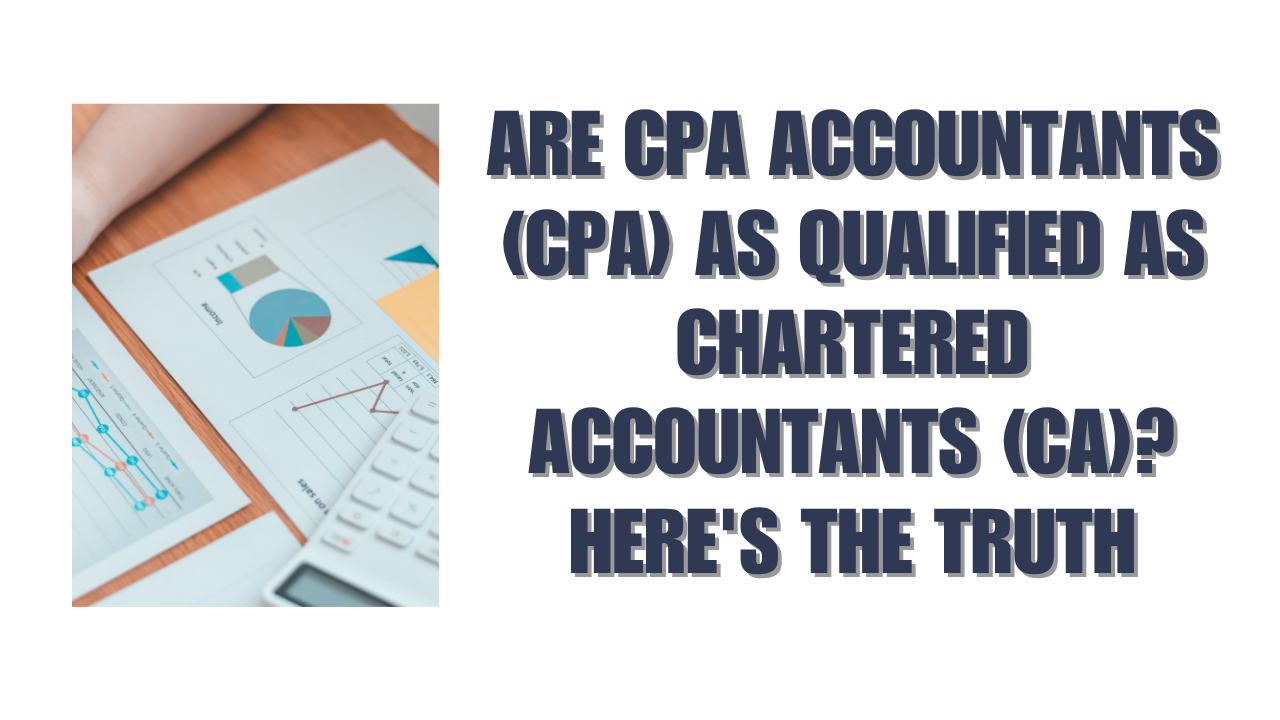Organizations depend on auditing as a fundamental process to confirm financial accuracy together with regulatory compliance and operational transparency. The auditing process in New Zealand faces persistent difficulties due to its strict regulatory systems under which businesses operate. To achieve effective audits that deliver sustainable stakeholder value, organizations need to troubleshoot these challenges systematically. Businesses that identify audit challenges through customized solutions enhance financial practice integrity while creating sustainable organizational success.
Navigating Complex Regulatory Requirements
The auditing situation in New Zealand faces one major barrier due to the detailed complexity of regulatory standards. All businesses must follow different legal requirements, including the Financial Reporting Act 2013 and New Zealand International Financial Reporting Standards (NZ IFRS), as well as tax regulations imposed by Inland Revenue. The regulatory frameworks exhibit complex design elements and heavy detail, which organizations typically cannot understand independently. They need professional guidance to interpret the frameworks.
Effective compliance management requires businesses to recruit auditors who demonstrate complete knowledge of existing local regulatory frameworks and associated requirements. Through their expertise, these professionals help companies maintain compliance standards while guiding organizations through regulatory modifications. Closing training sessions with internal financial teams enables organizations to monitor present and incoming auditory requirements and keep operations compliant. Organizations that encourage ongoing learning will better defend themselves from regulatory violations while simultaneously becoming more prepared for audits.
Limited Internal Resources and Expertise
Small and medium enterprises in New Zealand encounter regular difficulties because their organizations maintain restricted internal expertise and limited staff capabilities. Financial systems deficits combined with inexperienced personnel and undocumented processes result in performance problems throughout audit evaluations. These gaps create problems that compromise audit quality by elevating the possibility of mistakes and inconsistencies.
Business success comes from durable financial systems backed by external specialist expertise. External financial services provided by professional accountants, as well as virtual CFO support, help businesses ensure proper record maintenance and accuracy throughout their economic systems. Training the organization’s employees in essential principles of finance, together with documentation practices, enhances their readiness for audits. Organizations that develop their internal competencies alongside external professional relationships create improved audit efficiency together with reduced operational hurdles.
Managing Tight Deadlines
Strict deadlines are typical during audits, particularly for businesses that need to meet reporting requirements to regulatory bodies or market stakeholders. The pressure of short deadlines drives workers to perform hastily, which leads them to create unsatisfactory work and increases their overall job tension.
The solution for this difficulty lies in adopting ahead-of-schedule planning along with transparent communication. Auditors can ensure smooth collaboration through detailed audit timelines that feature specific checkpoints that inform all stakeholders about their obligations. When auditors participate early in financial year operations, they create better teamwork dynamics, which enables problem resolution throughout the accounting cycle. Businesses that assume a proactive role minimize late emergency actions, which results in optimally efficient audit processing.
Ensuring Data Accuracy and Integrity
Smooth and prosperous audits require both accurate data and proper integrity. Financial records with errors or missing information produce audit findings that harm reputations and lead businesses to potential compliance problems. A company using old financial technology faces an elevated probability of compromised data reliability.
A combination of modern accounting software implementations and ongoing data review efforts creates substantial improvements in data precision. For financial operations automated with modern systems, human mistakes become scarce, and established monitoring controls ensure precise data assessment. Organizations need to create standardized data management practices that adhere to audit standards through explicit procedures. A commitment to data integrity leads businesses toward better credibility while minimizing financial reporting errors.
Managing Stakeholder Expectations
Audits affect numerous stakeholders who represent investors, along with board members, management teams, and regulators. Handling multiple stakeholder expectations proves complicated during audit results because both enhancement requests and risk identification surfaces tend to occur.
Thorough, open communication remains fundamental to properly handling stakeholders’ expectations effectively. Organizations need to release constant updates about their audit process while taking the time to resolve stakeholder uncertainties ahead of time. Experienced auditors who effectively clarify complicated financial matters through clear explanations create situations that encourage both trust and understanding. Audits benefit from the active promotion of dialogue because this practice delivers organized communication between business reporting mechanisms and essential partnership collaboration.
Identifying and Addressing Fraud Risks
The auditing process encounters enduring difficulties because of persistent fraud risks. Financial documents suffer from misreading as a result of intentional misconduct or feeble internal control systems, which in turn damages organizational trust. Investigating these potential risks demands proactive practice together with systematic vigilance.
To protect against fraud, organizations need to establish complete defense systems that combine strong internal controls along with segregated duties and continuing ethical training programs for their workers. External auditors use their expertise to flag warning signs while directing organizations toward solid methods to enhance their fraud identification systems. A culture that promotes both integrity and vigilance will protect financial systems and improve the quality of audit results in organizations.
Adapting to Technological Advancements
Auditing practices in New Zealand experience multiple benefits and drawbacks due to the fast speed of technological evolution. The use of data analytics technology, together with artificial intelligence, allows auditors to boost efficiency and produce better audit results. Business entities face two challenges when implementing these tools and learning new operational methods.
Businesses must work together with auditors who bring experience in implementing advanced technologies to overcome this challenge. Efficiency is brought to financial management operations through a strategic investment in advanced accounting technology combined with digital evolution, leading to better auditing results. Corporate success through these technologies requires training programs to develop employee effectiveness in technology utilization. Businesses that adopt advanced tools improve competitiveness while sustaining the reliability and effectiveness of their audits.
Ensuring Continuity Amid Disruptions
The audit process often becomes more complicated during times of external distractions such as economic downturns and natural disasters, as well as global events like the COVID-19 world pandemic. External disruptions cause problems with documentation delivery times and record availability alongside problems with stakeholder coordination.
Organizations need to create resilience plans since these plans help decrease how disruptions affect audits. Organizations require protected financial data backups with cloud-based remote access technology systems. Audits operate successfully when auditors stay in constant contact with organizations to implement contingency plans. Audit processes need to be designed for resilience so that major interruptions are avoided and ongoing business operations are sustained.
Addressing Industry-Specific Challenges
The particular operations within each sector establish special audit hurdles for organizations. The accountability requirements for non-profit donors in New Zealand, along with manufacturing ventilation and expense allocation difficulties, test the audit ability of business entities.
Using engagement with auditor experts from specific industries remains vital for solving current market challenges. Auditors who have experience working with diverse sectors recognize industry specializations, which allows them to develop specific solutions that match individual business needs. Industry-specific audits ensure both regulatory compliance standards and help businesses implement top-level practices while fostering better financial outcomes.
Conclusion
New Zealand auditing practices face multiple hurdles, including the want for regulatory clarity, precise stakeholder requirements, and technological development needs. The successful execution of business audit entities depends on recognizing standard operational difficulties and deploying strategic adjustment strategies to maximize audit benefits. Organizations must take proactive steps that involve technological investments together with auditor expertise to defeat audit obstacles that lead to financial transparency.
For expert auditing services tailored to your business needs, visit Aurora Financials. Aurora Financials provides full-service solutions spanning auditing and assurance, accounting, financial reporting, tax consulting, NZX-related services, risk management, and compliance solutions. Join our team now to handle audit complications and reach your financial targets.
FAQS
1. What are the common challenges faced during audits in New Zealand?
Challenges include navigating complex regulatory requirements, limited internal resources, tight deadlines, ensuring data accuracy, and managing stakeholder expectations.
2. How can organizations ensure compliance with New Zealand’s regulatory standards?
Organizations can ensure compliance by hiring knowledgeable auditors, conducting staff training on regulations, and maintaining updated financial practices aligned with NZ IFRS and other standards.
3. What strategies help manage tight audit deadlines effectively?
Proactive planning, clear communication, and early auditor engagement help organizations meet deadlines without compromising audit quality.
4. How can businesses address fraud risks during audits?
Implementing strong internal controls, conducting regular ethical training, and engaging external auditors to identify warning signs are key strategies for mitigating fraud risks.
5. How do technological advancements impact the audit process?
Modern technologies like data analytics and AI improve audit efficiency but require organizations to invest in training and collaborate with auditors experienced in using advanced tools.





